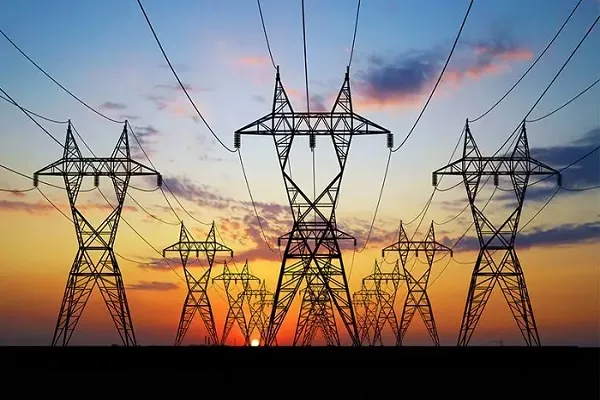
Title: Khuzestan & Ahvaz Power Outage Schedule for August 10, 2024 – Managing Peak Demand
Planned Power Outages Announced Amid Record Electricity Consumption
The Khuzestan Electricity Distribution Company has warned of potential scheduled power outages on Sunday, August 10, 2024, due to unprecedented peak demand during the hot season. Controlled outages may be implemented during high-consumption hours to prevent grid overload.
Residents are advised to check official sources for localized schedules:
- Ahvaz Electricity Distribution Company: aepdco.ir
- Khuzestan Electricity Distribution Company: kepdc.co.ir
Outages are most likely between midday and early evening. Authorities urge citizens to avoid simultaneous use of high-consumption appliances—such as air conditioners and electric water heaters—to ease pressure on the grid.
Khuzestan’s Energy Challenges: A National Priority
As Iran’s second-largest electricity producer and consumer after Tehran, Khuzestan faces critical supply-demand imbalances. Despite its key role in hydroelectric and thermal power generation, extreme heat, industrial demand, and aging infrastructure strain the system.
Toraj Fattahi, a power sector expert and former Khuzestan Regional Electric Company spokesperson, highlighted the issue in an exclusive interview:
- Production-Consumption Gap: Annual electricity demand grows by 5–8%, outpacing infrastructure upgrades.
- Industrial Impact: Energy-intensive industries (e.g., steel) exacerbate shortages, affecting economic output.
- Renewable Potential: Khuzestan’s wind energy capacity remains underutilized, offering a viable supplement to thermal and hydro sources.
Solutions: Diversification and Investment
Fattahi emphasized:
- Short-Term: Accelerate thermal plant deployment to bridge gaps.
- Long-Term: Expand renewables (wind) and upgrade grids via public-private partnerships, including foreign collaboration.
- Provincial Resources: Redirect industrial social responsibility funds toward energy infrastructure.
Call for Smart Consumption
Residents and industries are urged to adopt energy-saving practices. Smart grid technologies and peak-load management can mitigate outages.
Conclusion: Khuzestan’s energy stability hinges on coordinated national policies, provincial initiatives, and public cooperation—setting a model for sustainable energy nationwide.
End of Report


